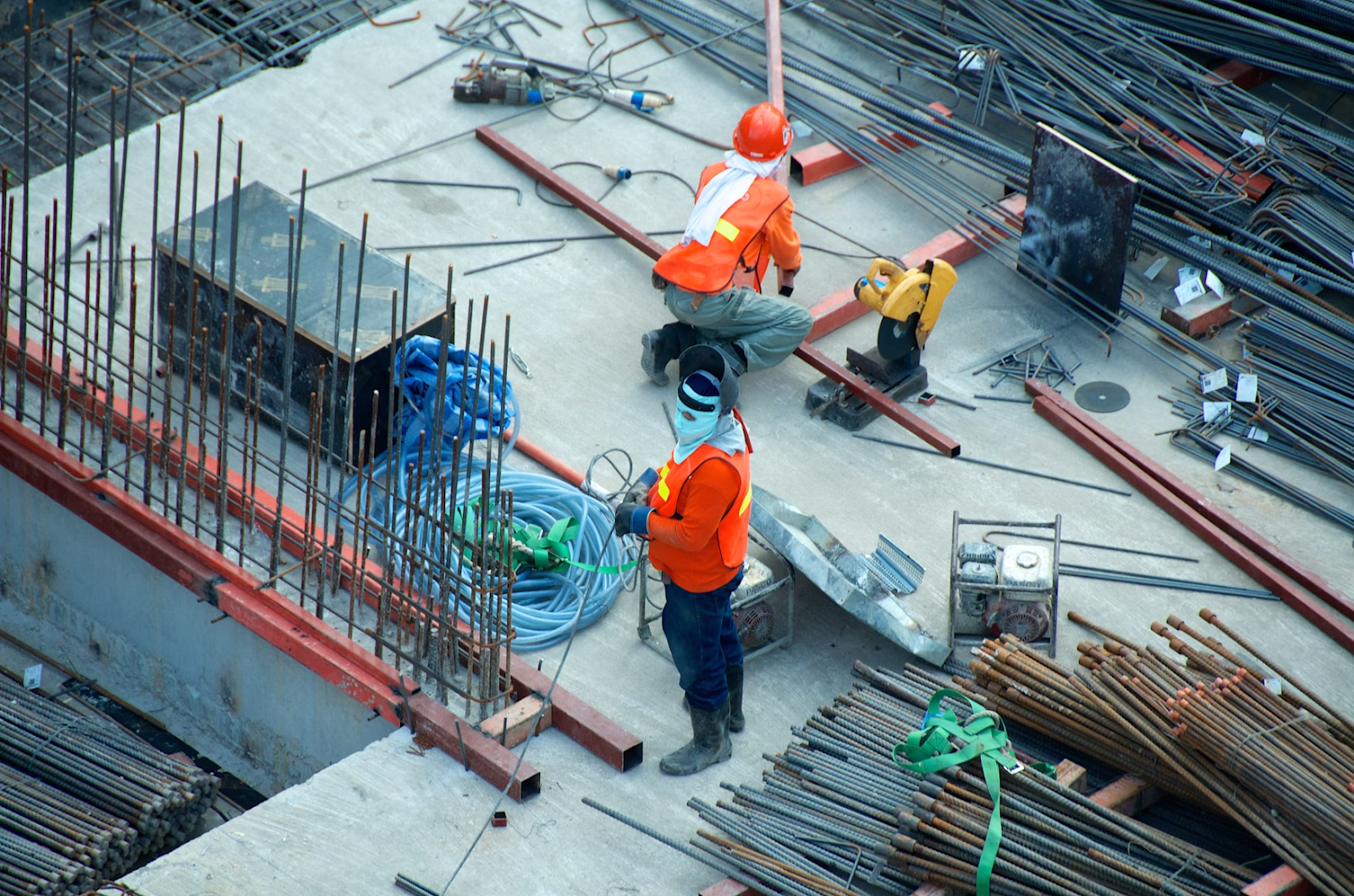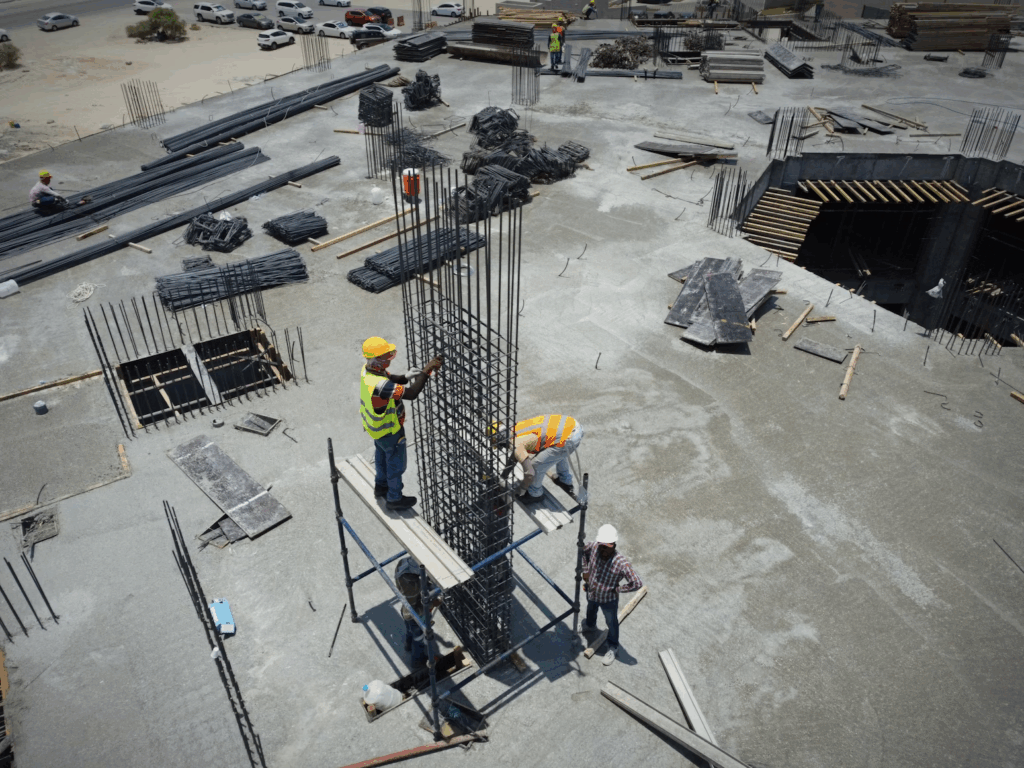Construction site management is undergoing a significant transformation due to the advent of advanced equipment and technology. These innovations are enhancing the efficiency, safety, and productivity of construction projects. As teams adopt cutting-edge tools, they find themselves better equipped to face the complexities of modern construction tasks. From automation to real-time data analytics, advanced equipment is reshaping how construction sites operate and manage resources.
Integration of Robotics and Automation
The integration of robotics and automation in construction is revolutionizing site management. Drones are now commonplace, providing real-time aerial views of sites that were once labor-intensive to monitor. These flying devices can survey large areas in a fraction of the time it would take to do so manually, offering insights into project progress and site conditions. Robots are becoming vital players on-site, performing tasks such as bricklaying, rebar tying, and even concrete pouring.
This shift increases productivity and enhances safety by allowing machines to handle hazardous tasks. As a result, the workforce can focus on higher-level oversight and quality assurance rather than executing repetitive tasks. The synergy between robotics and human labor optimizes workflows and reduces the risk of on-site injuries. With these advancements, companies can complete projects faster while maintaining high safety standards, thereby improving project delivery timelines.
Advanced Materials and Sustainability
Sustainable construction has gained traction, and advanced materials are at the forefront of this movement. New materials that will not rust, rot, stain or leach are reshaping projects by minimizing maintenance costs and environmental impact. These innovations include recycled materials and composite substances that offer enhanced durability and performance. By utilizing smart materials, builders can create structures that last longer and require less upkeep, aligning with global sustainability goals.
These advancements assist in meeting stringent environmental regulations. The incorporation of advanced materials fosters a culture of sustainability within the construction industry, attracting environmentally conscious clients who prioritize eco-friendly building practices. Companies focusing on sustainable construction benefit financially from reduced material costs and enhance their reputation in the marketplace.
Data-Driven Decision Making
Data analytics is integral to modern construction management, enabling more informed decision-making. With the rise of the Internet of Things (IoT), construction sites are becoming increasingly connected. Sensors on machinery and construction equipment provide valuable data in real time, tracking everything from equipment performance to environmental conditions. Project managers can leverage this data to identify potential delays and bottlenecks before they escalate into significant issues.
Predictive analytics supports more accurate project forecasts by analyzing historical data and trends. By embracing data-driven strategies, construction teams can optimize resources, reduce waste, and enhance efficiency. These insights foster better collaboration among various stakeholders, from contractors to clients. As communication improves, conflict resolution becomes quicker, further enhancing project timelines and client satisfaction.
Enhanced Communication Tools
Effective communication is a pillar of successful construction management. Advanced communication tools facilitate seamless interaction among teams, regardless of location. Platforms that allow for video conferencing, instant messaging, and collaborative document sharing streamline processes and bolster teamwork. Project management software integrates scheduling, budgeting, and resource allocation, ensuring that all team members can access the latest information.
These tools allow for real-time updates, minimizing miscommunication and errors that can derail projects. The benefits of enhanced communication extend beyond teams, improving interactions with clients and stakeholders. By keeping everyone informed, project managers can better manage expectations and deliver results that align with the client’s vision. This proactive approach builds trust and fosters long-lasting business relationships.
Improved Safety Protocols
Safety remains a top priority in construction, and advanced equipment plays a crucial role in enhancing workplace safety standards. Wearable technology, such as smart helmets and safety vests equipped with sensors, monitors worker health and environmental conditions. These devices can alert workers to potential hazards, reducing the likelihood of accidents. Drones are being used to inspect sites for hazardous conditions, eliminating the need for workers to expose themselves to risks.
Virtual reality (VR) training systems provide immersive experiences, allowing workers to practice safety protocols in realistic scenarios without any danger. As safety protocols strengthen, companies experience fewer accidents and injuries, translating to lower insurance costs and improved project efficiency. A robust culture of safety leads to higher morale among workers, fostering a more productive work environment.
Project Management Software
Project management software has evolved to meet the complex needs of modern construction site management. These tools offer robust features that allow project managers to plan, execute, and monitor every aspect of a project with greater accuracy and ease. Features such as Gantt charts, task dependencies, and resource tracking simplify the management process, curbing potential delays. The ability to analyze project performance in real time enables quicker responses to emerging challenges.
Comprehensive dashboards provide visibility into budget adherence, timeline progress, and resource allocation, allowing for effective decision-making. Cloud-based solutions further enhance project management by promoting accessibility and collaboration, leading to smoother operations. Teams can access information from anywhere, breaking down geographical barriers. As a result, project managers enjoy greater control, leading to project success and client satisfaction.

The advanced equipment available today is merely an enhancement; it is a necessity for effective construction site management. The benefits of increased efficiency, improved safety, and sustainable practices cannot be overstated. Integrating these tools allows project management teams to deliver results that meet modern demands and client expectations.
